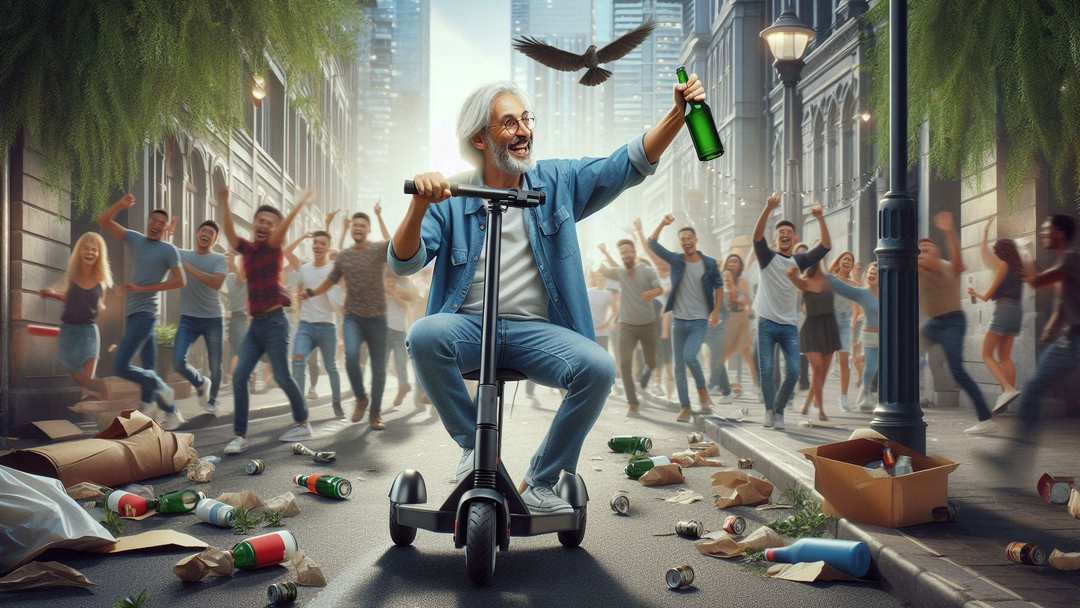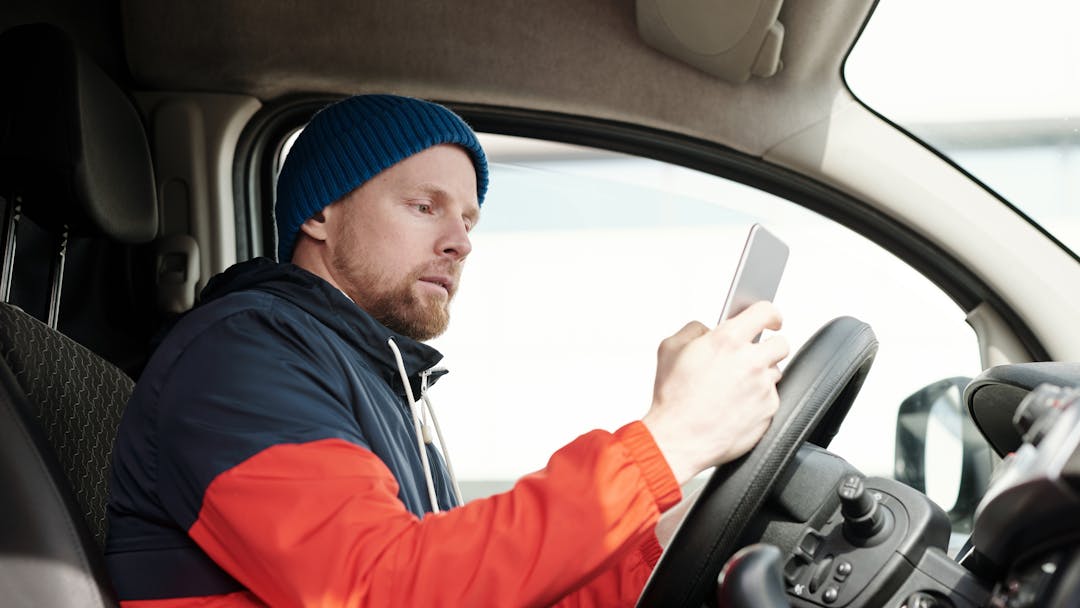
Berkley state representative introduces bill to police noise from cars
A Michigan bill aims to crack down on excessive noise from vehicles with intentional modifications.
The Problem:
- Loud vehicles are a nuisance for residents, especially along Woodward Avenue, a popular cruising destination.
- The current law is unclear and difficult to enforce. It prohibits modifying vehicles to create excessive noise but also mentions decibel level limits, impractical for on-the-spot enforcement.
The Bill:
- House Bill 5696, introduced by Rep. Natalie Price, targets vehicles intentionally modified to be loud.
- It clarifies the law, making it clear that such modifications are illegal.
- Penalties would increase:
- First offense: $100 to $500
- Subsequent offenses: $1,000
The Concerns:
- Car enthusiasts are concerned about:
- Law enforcement potentially targeting factory-made loud vehicles.
- The need for officer education to differentiate between illegal modifications and stock loud engines.
The Bigger Picture:
- While the bill focuses on Woodward Avenue, the issue is statewide.
- Rep. Price hopes the bill will improve the situation for residents and acknowledges the positive aspects of car shows like the Dream Cruise.
- The goal is to encourage responsible car ownership and respect for communities.
Or better yet start tonight and use the law that’s already there. Like this one…
Sec. 74-1. – Prohibition generally.
(a) It shall be unlawful for any person to make, continue or cause to be made or continued any loud, unnecessary or unusual noise or any noise which either annoys, disturbs, injures or endangers the comfort, repose, health, peace or safety of others, within the limits of the city.
(b) Each of the acts enumerated in this chapter is declared unlawful and prohibited, and violators shall be responsible for a municipal civil infraction, but this enumeration shall not be deemed to be exclusive.(Code 1981, § 17-1; Ord. No. O-13-19, § 5, 10-21-2019)
YOU TOO ROYAL OAK
Disorderly Conduct (Disturbing the Peace and Noise)
Ordinance at Section §278-35, First Reading
B. Makes unreasonable noise which tends to cause a public danger, alarm, disorder or nuisance;
P. Vehicle sound equipment noise and vibration. It shall be unlawful for any person to be in possession or control of a parked or moving vehicle with a stereo, disc player, cassette player, speakers, or other similar equipment that is producing sound on a street, driveway, publicly patrolled parking lot or public place at or with a level, volume, intensity, frequency, or other attribute that is perceptible at a distance of 50 feet or more, either by hearing the sound by the human ear or by feeling the sound in the form of vibrations associated therewith. This subsection shall not be applicable to sound emanating from emergency vehicles, vending vehicles, or publicly sponsored or permitted concerts, sporting events, activities, or gatherings. A violation of this subsection is a civil infraction punishable by a fine of $100.
[Added 7-25-2016 by Ord. No. 2016-09]
Q. Loud vehicles. The operation of any automobile, truck, motorcycle or other vehicle so out of repair or so loaded or constructed as to cause loud and unnecessary grating, grinding, rattling or other unreasonable noise, including the noise resulting from exhaust, which is plainly audible at a distance of 50 feet from the vehicle and unreasonably disturbing to the quiet, comfort or repose of other persons. A violation of this subsection is a civil infraction punishable by a fine of $100.
[Added 7-25-2016 by Ord. No. 2016-09]




